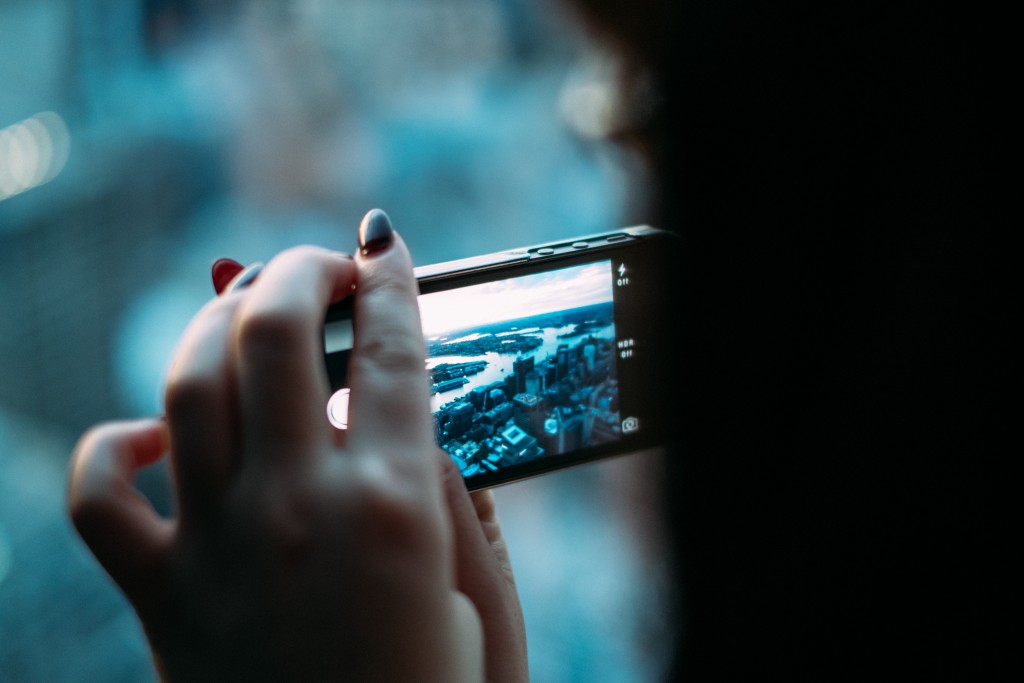When Edward Snowden revealed that the United States’ National Security Agency (NSA) was surveilling (spying on) people around the world, sales of George Orwell’s landmark novel on a similar topic – 1984 – skyrocketed, rising by almost 10,000%.
Today we bring you eight must-read and must-watch books and films on surveillance. With each of them, we ask you to consider the question: how much of these stories is now a reality?
1. 1984, George Orwell
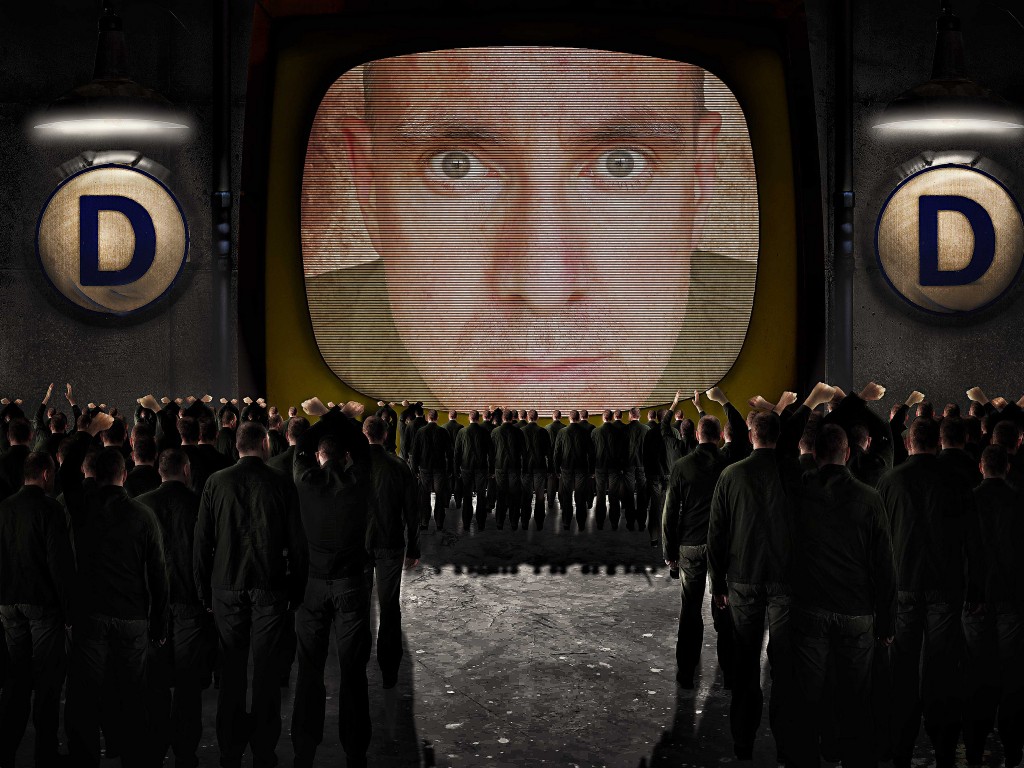
Orwell depicts a bleak world in which citizens are under constant control by the government through intrusive two-way “tele-screens” and secret informants. The party leader, Big Brother, is always watching you. There is no such thing as privacy. Not even your own mind is a safe haven — the Thought Police intrude there to combat “thoughtcrime”.
Through the constant surveillance and control of its citizens, the omnipresent totalitarian regime shapes reality: the past can change, two plus two may equal five and love is something which can be tortured out of you…
2. Do Androids Dream of Electric Sheep, Philip K. Dick
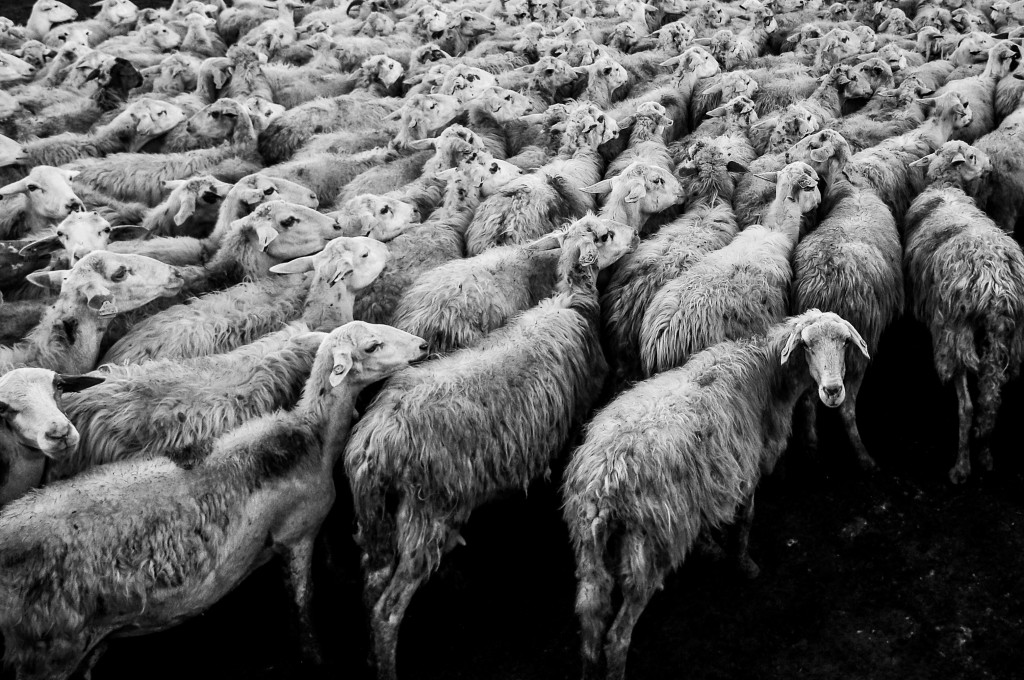
In a post-apocalyptic future, policemen — like the main character, Rick Deckard — are tasked with identifying and destroying androids. Unsettlingly, the surveillance apparatus of the state and its repressive force are targeted towards anyone deemed to be “different”.
3. The Minority Report, Philip K. Dick (& Steven Spielberg)
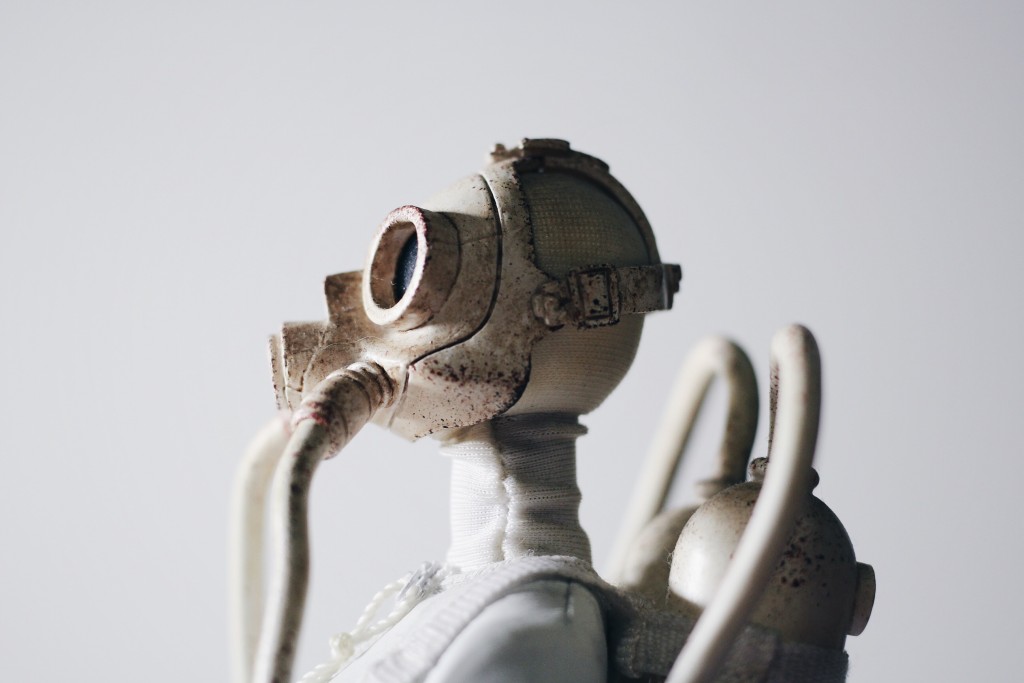
In Minority Report, people can be arrested for crimes they are yet to commit. This is possible due to the visions of seers known as “precogs”, who are able to predict criminal acts before they take place. The work of the Pre-Crime Police reduces offending by 99.8%, and years pass with not one murder taking place. People must submit to a retina scan almost everywhere they go, in order to track the potential perpetrators of pre-crime. But is there something sinister about locking people up for crimes which they have not actually committed..?
4. A Scanner Darkly, Philip K. Dick (& Richard Linklater)

The novel and its powerful animated adaption by Richard Linklater are set in the near-future. The US’s obsession with the war on drugs provides an excuse for government authorities to use surveillance scanners to constantly spy on citizens. Creepily, control is maintained by a hallucinatory drug – the so-called Substance D.
5. The Circle, Dave Eggers
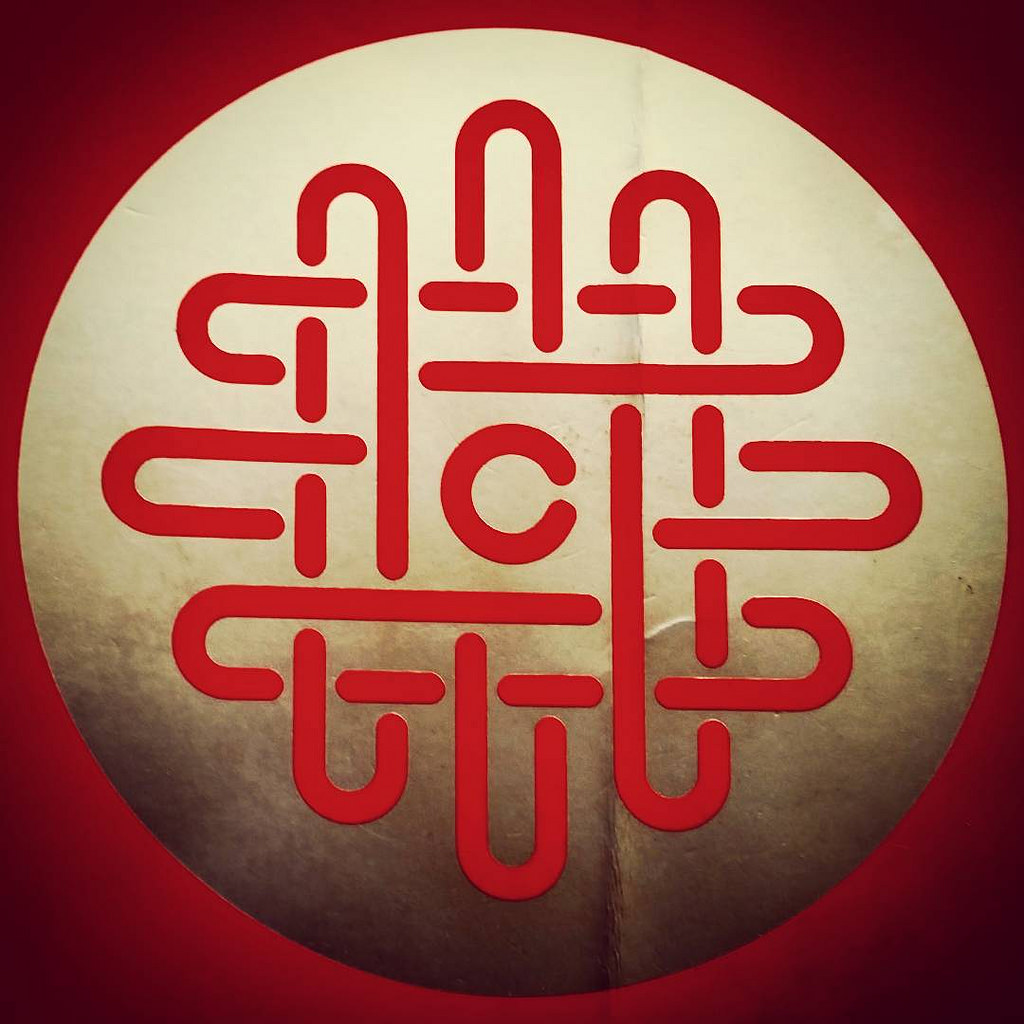
In The Circle there is no authoritarian government, but rather an enormous social network corporation which has subsumed all preceding similar companies (like Facebook and Twitter). The characters live-stream everything they do through “the Circle”. Mae gets a job with the company. She struggles to fit in and is accused of “not being social enough” — even when she agrees to wear a camera giving “watchers” 24/7 access to her life (with occasional three-minute bathroom breaks). Eventually the darkness behind that sunny Californian company comes to light…
6. The Dark Knight, Christopher Nolan
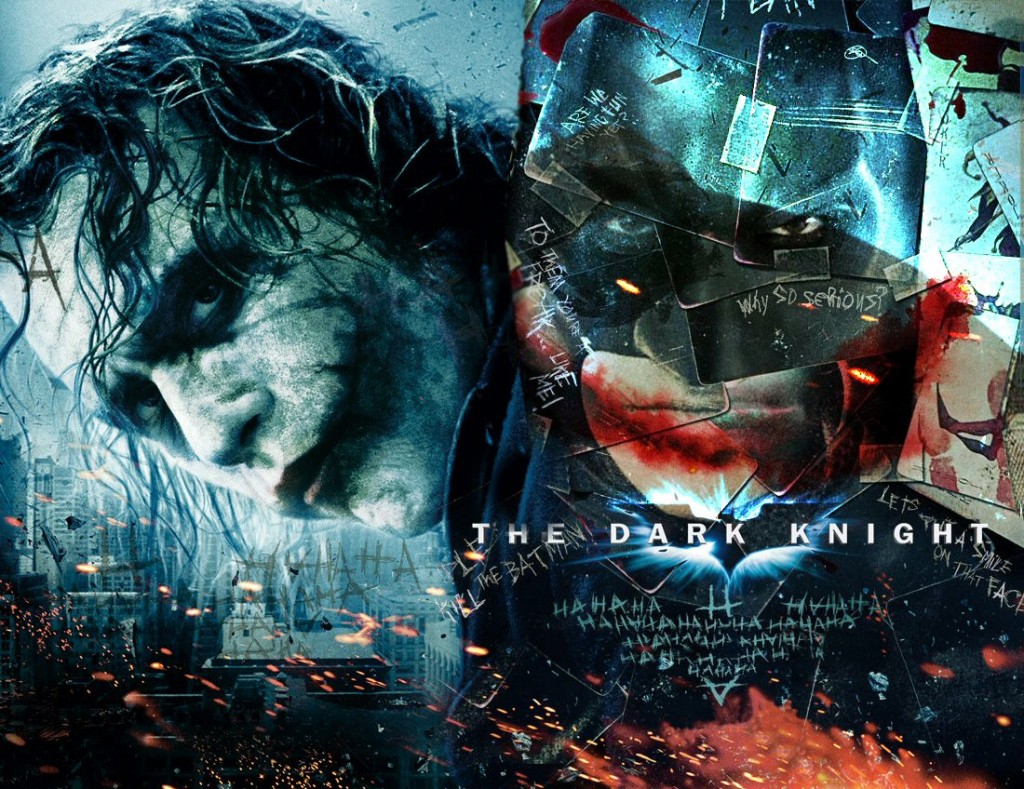
In The Dark Knight, “surveillance is the darkest power”. Millionaire tech giant Bruce Wayne (alter ego: Batman) decides to hack every mobile phone in Gotham City in order to locate his nemesis, the Joker. But he realises he has gone too far by building a system which effectively turns every phone into a surveillance device. Ultimately, he orders it to be destroyed.
7. Mr Robot, Sam Esmail

Elliot — outstandingly portrayed by Rami Malek — is a cyber engineer in Silicon Valley, California by day and a hacker by night. With a drug addiction to battle and a willingness to employ his abilities to do something good, Elliot tries to find a way to use hacking as a vehicle for social justice.
8. Citizenfour, Laura Poitras
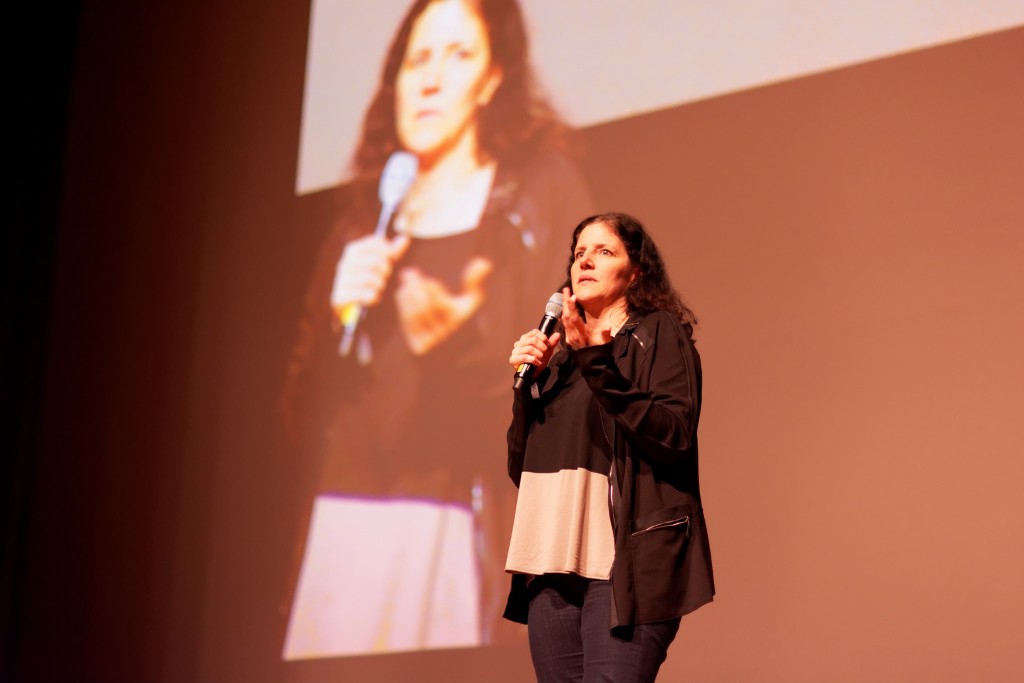
This is the very real story of how Edward Snowden first contacted journalist Glenn Greenwald and filmmaker Laura Poitras to make his revelations about the NSA’s spying. To open the eyes of the world to the extent of the US government’s surveillance, Snowden communicated using encrypted e-mails and the codename: Citizenfour .
The right to respect for private life is a human right under the European Convention on Human Rights, which takes effect in UK law through the Human Rights Act.
You can read more about how surveillance affects privacy here. And take a look at our infographics on how human rights protect private life here and here.
We would love to hear your suggestions for great books and films about surveillance and privacy. Feel free to leave us a few ideas in the comments below.

